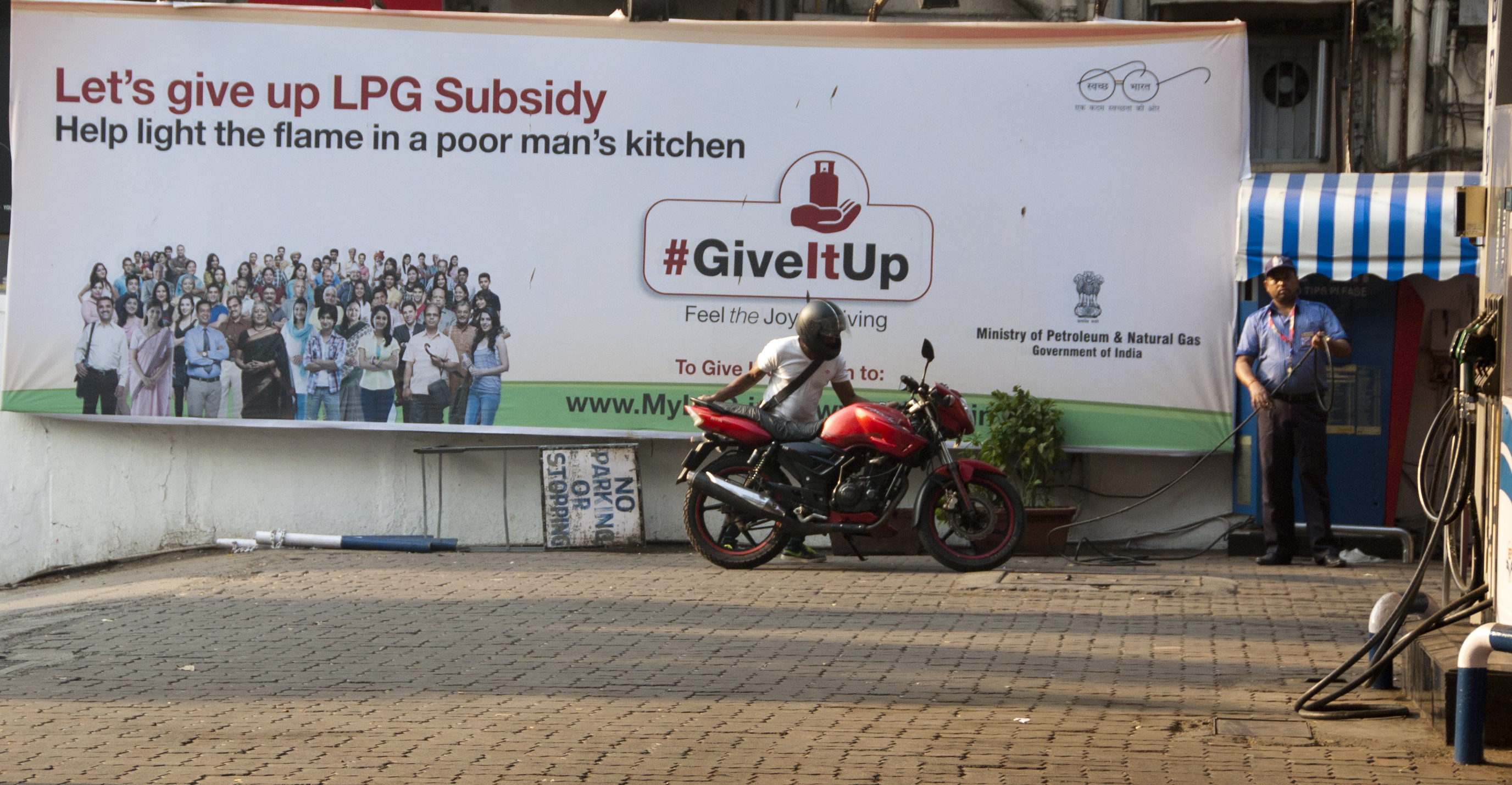En una zanja profunda hasta la cintura junto a la Autovía 1 de España, una docena de voluntarios con guantes de goma cepillan arcilla oscura que cubre restos de huesos humanos. Sus rodillas se apoyan sobre cojines de espuma, y una carpa blanca los protege del sol del verano boreal. Es julio de 2011; 75 veranos después de que en España estallara una guerra civil que llevó a los huesos de 59 personas a ese suelo.
A pocos pasos de la zanja, los voluntarios sostienen micrófonos frente al murmullo de los ancianos de la localidad de Gumiel de Izán, en la región centro-norte de Castilla y León. Esos ancianos, que albergan recuerdos de ejecuciones sumarias en ese sitio, bien pueden ser los hermanos menores, los vecinos y los hijos de los que están en esa tumba. Pero al momento de la exhumación, nadie lo sabe a ciencia cierta. En lugar de ello, los voluntarios documentan y recogen los restos físicos, y consiguen y graban las memorias imperfectas que fueron suprimidas durante cuatro décadas de dictadura.
Tales sitios se encuentran esparcidos por toda España, desde las Islas Canarias hasta La Mancha y las Islas Baleares. Las estimaciones recientes sugieren que alrededor de 2.000 fosas comunes pueden guardar los restos de hasta 150.000 víctimas de apresuradas ejecuciones durante la guerra. Continue reading Recopilando el testimonio genético de los muertos de la Guerra Civil española

